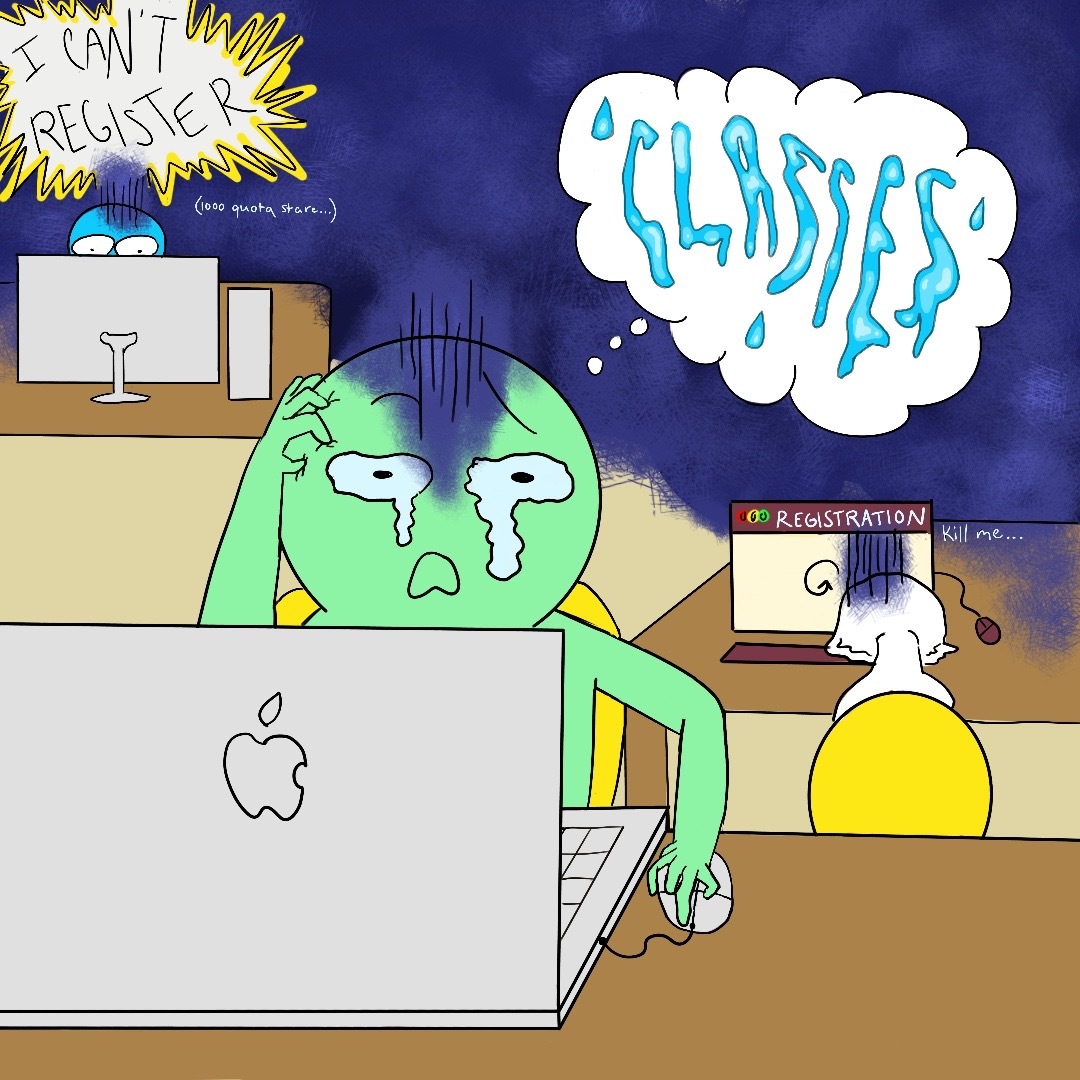It may be safe to say much of the public education system understands the importance of exposing children to subjects outside of the standard curriculum. This is apparant in that many students are required to take extracurricular classes including the arts, computer based classes and physical education at some point.
The degree to which these classes are taught may not be universally agreed upon, but it is generally understood that supplemental classes can offer equally as important lessons as general curriculum subjects. Supplemental classes like the aforementioned, teach young students about areas of life that cannot be navigated simply by applying academic knowledge.
Currently, one in five Americans experiences a degree of mental illness, according to the National Alliance on Mental Health. Our educational system is made to gear our youthful generations to be productive members of academia as well as the workforce, but if we do not also teach them how to take care of their own mental health, then we may very well be leading a generation of workers down a path of self-destruction. Furthermore, the country misses out on a substantial amount of productivity by allowing mental illness to go unaddressed.
In Texas, children are required to have some sort of physical education in every grade. This comes with Texas being a state that is among the highest in terms of obesity numbers according to the CDC. And while primary education may not be responsible for teaching children about every aspect of life, mental health is easily just as non-negotiable as physical education.
If the Texas Education Agency can take responsibility for the physical well-being of students, then the same urgency can be taken with mental health. Reflection, meditation and the importance of therapy are lessons that would cost significantly less than P.E. classes and would benefit students just as much.
Furthermore, it is also of importance for students to recognize from a young age that not everyone they meet in their lifetime may be neurotypical. To destigmatize mental health for society, children should become comfortable with mental health early.
Destigmatization becomes increasingly important as 1.1 percent of adults live with schizophrenia, 2.6 percent are bipolar, and 18.1 percent experience an anxiety disorder, according to NAMI. Additionally, certain illnesses like schizophrenia often do not show symptoms until the late teens or early 20s, according to NAMI.
Therefore, destigmatization would not only benefit previously diagnosed students, but every student as no one can be entirely sure if they will develop a mental illness later in life. Learning about mental illnesses earlier in life can help people recognize mental illness as well as answer questions about self-esteem often encountered by people with mental disabilities.
These are experiences that people deal with and if a time should arise where one may have to make a decision on how to handle any of these issues, the proper knowledge would be invaluable. This comes as the conversation around gun control often finds the mentally ill as the scapegoat for gun legislation. However, an even greater step beyond preventing the mentally ill from purchasing guns is investing in comprehensive mental health resources for Americans.
It is important that we change our society to reflect the fact that mental health maintenance is just as important as being physically healthy or being financially successful.
– James Debbah is a computer science sophomore














